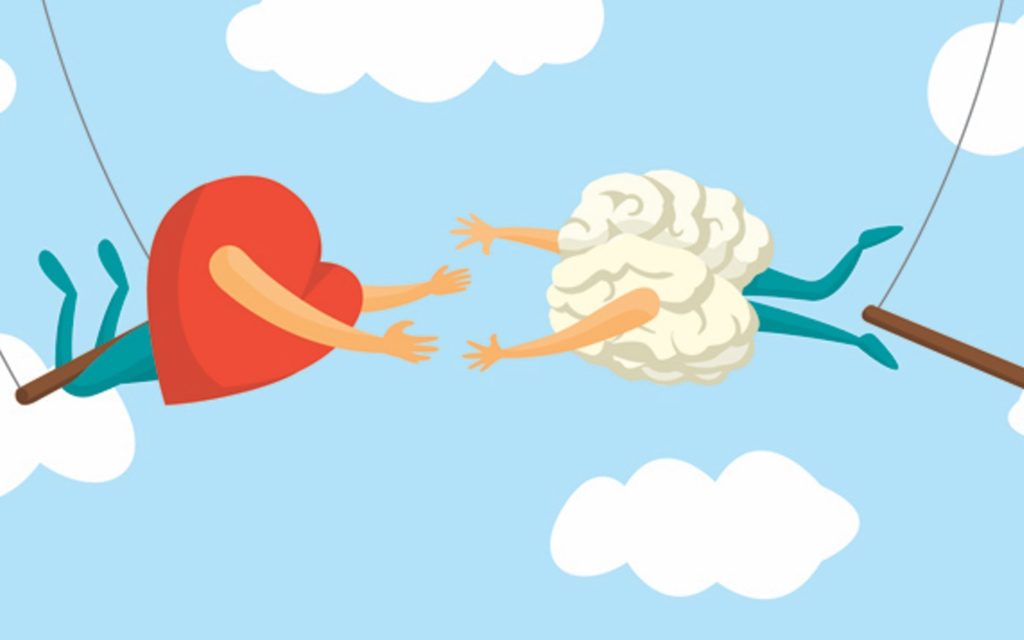“Emotions are not good, bad, right, or wrong. The first step to changing our relationship to feelings is to be curious about them and the messages they send to us.”
― Lane Pederson
Emotions, feelings, sentiments, and sensations can be so frustrating and exhausting sometimes that we may wish we would be better off turning them off or maybe we even have learned to break away from them or stuff them down. The problem with this, as research suggests, is that if we persistently ignore or suppress our emotions then they tend to come back much stronger or, for many, manifest into mental and/or physical illness. For example, as many that have experienced intense rage before know, ignoring and bottling up our anger for a long time eventually causes many people to explode sometimes without warning just like a coke bottle that has been shaken up until the lid comes off.
So how can we learn to deal our feelings before they deal with us?
Of course, there are countless ways to work through our emotions including writing about them, exercise, meditation, communicating effectively with others, meditations, etc. The basis behind DBT, also known as Dialectical Behavioral Therapy, is integrating a large variety of skills that we can use to become aware of, accept, communicate, and work through our emotions. The core concept of DBT is based in the first word, dialectic, which is all about understanding how to balance and compare things, thoughts, beliefs, and/or emotions that may appear very different or even contradictory.
In DBT, individuals learn that this balance is between change and acceptance. DBT helps us to learn to work on changing the behaviors in our lives that are creating suffering for you and the lives around you and loved ones while simultaneously also accepting yourself the way you are. This concept might seem conflicting, but it’s a key component of DBT. Dialectical behavior therapy focuses on acceptance and change, not acceptance or change. For example, if you are or know someone that struggles with addiction it is very likely at some point they have thought both “I am so glad I am sober” and “I would really like to get messed up right now”. Another example is if you’ve ever felt really sad even though you had a great day or maybe you love someone very much and that person has brought up feelings of hatred after hurting you.

Thinking two opposing thoughts, beliefs, or feeling opposing emotions can be scary, confusing, and frustrating. DBT teaches us to accept where we are in life and to build skills around working through them. The foundation of DBT relies on four core principles of Mindfulness, Interpersonal Effectiveness, Distress Tolerance, and Emotional Regulation to help people work through their issues. In layman’s terms, DBT helps us to focus on being present and aware of ourselves and our surroundings, communicate with others in a healthier manner, identify and work through emotions instead of pushing them down, and teaches us skills to tolerate stress and crises in our lives.
Although DBT has been primarily known for treatment of self-harm, suicidality, and Borderline Personality Disorder, the skills involved can be used to help across a wide variety of settings and issues. However, research is beginning to show that DBT has also been used successfully to treat people experiencing PTSD, eating disorders, depression, anxiety, substance abuse, addictions of all kinds, and bipolar disorder. In the following blog, we will break down some of the main principles of DBT and how it can help anyone to slow down and create more mastery of themselves and how they react to stress. And, as mentioned in previous blogs, the best way to take advantage of these skills of linking our heart and our brain is with the guidance of a licensed professional.

If you are ready to take the next step and receive the support you deserve please click here to connect with one of our therapists
469-444-2787 ext. 102
About the Author
Nick Overbeck is both a Licensed Professional Counselor and Licensed Chemical Dependency Counselor. Nick has nearly a decade of experience in mental health including college counseling, trauma informed treatment, career counseling, suicide prevention, crisis intervention, addiction treatment, promoting mental/emotional wellness in working professionals, and working with loved ones of those affected by addiction and/or mental illness.

